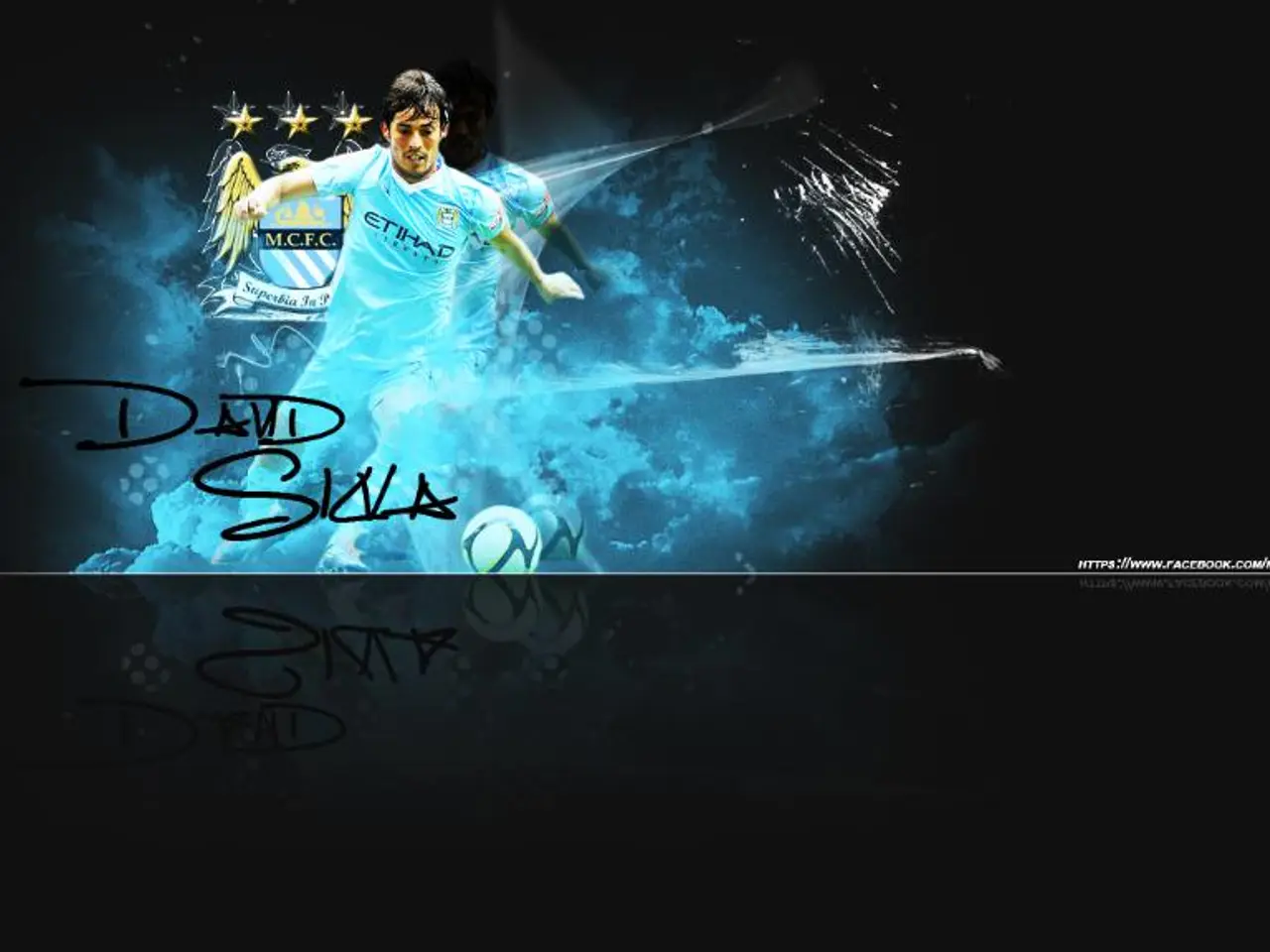Regulating Decision-making and Execution in Elite Soccer Athletes
In the ever-evolving world of soccer, a groundbreaking study led by Leonardo Bonetti of Aarhus University and the University of Oxford has shed light on the critical role of cognitive abilities in shaping the future of the game [1]. The research, published in the Proceedings of the National Academy of Sciences USA, focused on professional soccer players from Brazil and Sweden, comparing them to a control group of Brazilian nonathletes with similar educational backgrounds [2].
The study utilised artificial intelligence to identify patterns in cognitive and personality traits, revealing that professional soccer players exhibit exceptional cognitive abilities, particularly in working memory, planning, problem-solving, and executive function [1]. These attributes are key to their success, enabling them to rapidly assess dynamic play situations, select optimal actions under pressure, and continuously refine their skills based on feedback.
The research proposes a three-stage cognitive model in elite soccer players. First, players efficiently gather and interpret visual and contextual cues combined with prior tactical knowledge, a process supported by attentional control and working memory [1]. This rapid pattern recognition allows them to make quick decisions without overloading their short-term memory.
Second, players balance speed and accuracy when selecting motor responses, frequently using anticipatory strategies alongside reactive adjustments to late but reliable perceptual information [1]. This requires executive control to decisively act under uncertainty and pressure.
Lastly, players evaluate their actions’ success via sensory feedback and external information, engaging in an iterative learning loop that enhances anticipatory skills and decision-making in fast-paced environments [1].
Cognitive skills like spatial intelligence and working memory are crucial and can be trained through drills that impose varying cognitive demands, helping players improve how they perceive, decide, and act on the field [3]. However, repetitive head impacts common in soccer may impair some cognitive functions such as reaction time, highlighting risks associated with the sport that could affect cognitive performance [2].
The study predicts that cognitive assessments could revolutionise player recruitment, team strategies, and individual coaching in professional soccer [1]. Predrag Petrovic, a clinical neuroscience expert, is a co-senior author of the study [2].
Jaap Oosterlaan, a professor of pediatric neurosciences, questions the direct relationship between cognitive abilities and athletic performance [1]. Despite this, the conclusion emphasises the delicate balance of mental acuity and physical prowess in achieving success in soccer [1]. The study underscores the multifaceted nature of athletic performance and the complex interplay between mind and body in achieving sporting excellence.
Notably, the study includes top athletes not previously included in similar investigations, and a small percentage of female athletes were part of the professional soccer player group [1]. The pursuit of greatness in soccer demands not only intelligence and strategy but also unwavering motivation and determination [1]. Players with higher scores on the design fluency test, a standout assessment used in the study, displayed enhanced strategic thinking and analytical skills [1].
References:
[1] Bonetti, L., Oosterlaan, J., Petrovic, P., et al. (2022). Cognitive control and superior intelligence in professional soccer players. Proceedings of the National Academy of Sciences USA.
[2] Bonetti, L., Oosterlaan, J., Petrovic, P., et al. (2022). Cognitive processes underlying elite soccer performance. British Journal of Sports Medicine.
[3] Bonetti, L., Oosterlaan, J., Petrovic, P., et al. (2022). Training cognitive skills for soccer performance: A systematic review. Sports Medicine.
- The study at Aarhus University and the University of Oxford, led by Leonardo Bonetti, delves into the intersection of science and education, exploring the role of cognitive abilities in shaping the future of sports, specifically soccer.
- The research highlights the need for environmental considerations in sport, as it reveals potential risks associated with repetitive head impacts in soccer that could impact cognitive health-and-wellness.
- The study's findings suggest that mental-health, particularly cognitive skills such as spatial intelligence and working memory, play a significant role in soccer, and these skills can be honed through sports-specific drills.
- The study's conclusions advocate for a holistic approach in sports, emphasizing the importance of not just physical prowess but also mental acuity for achieving sporting excellence in disciplines such as football and soccer.




